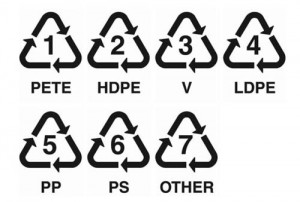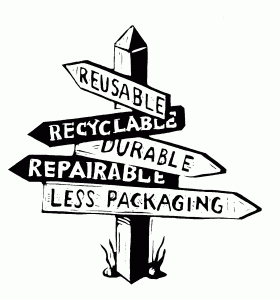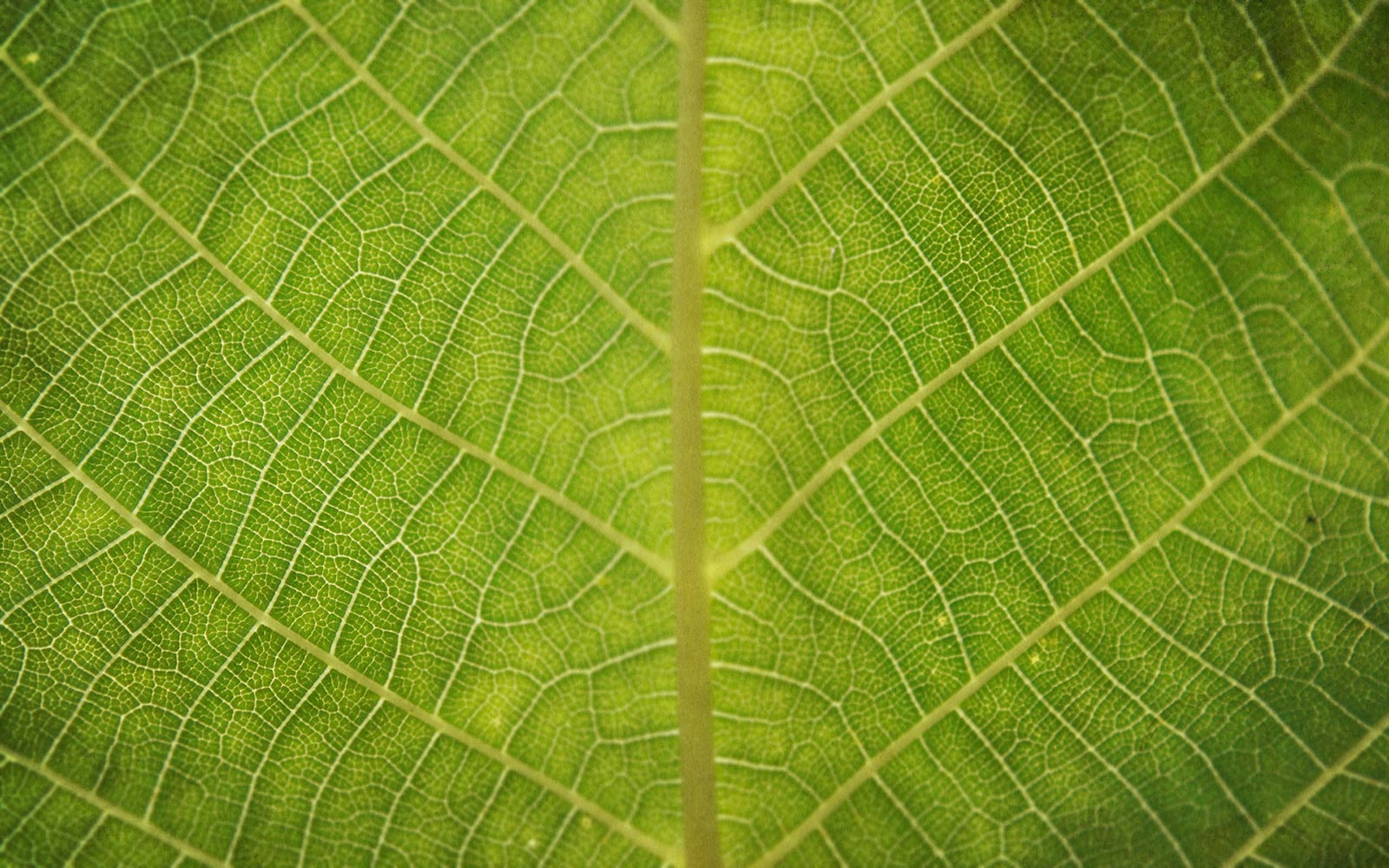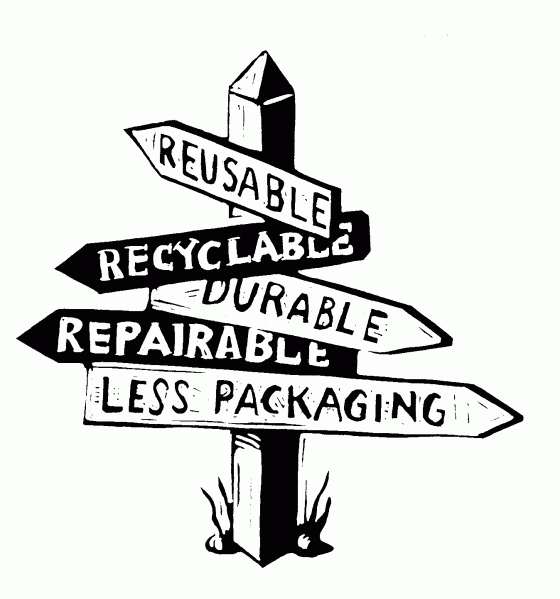What you can and cannot recycle is sometimes far from black and white. Yes, we agree that if it was black and white it would make things easier, but in reality there are many grey areas. Let’s look at some common ones.
 If an item has a triangle recycling code on it, does that mean I can recycle it? No. The triangle recycling code was designed to help manufacturers identify what kind of plastic an item is made from. It does not indicate that something is recyclable. For example, polystyrene trays or cups may have a recycling code 7 on them, but they are not recyclable. Also, many items that have no recycling code on them, are recyclable.Whether at home or at work, always check your recycling guide to see what is and is not recyclable.
If an item has a triangle recycling code on it, does that mean I can recycle it? No. The triangle recycling code was designed to help manufacturers identify what kind of plastic an item is made from. It does not indicate that something is recyclable. For example, polystyrene trays or cups may have a recycling code 7 on them, but they are not recyclable. Also, many items that have no recycling code on them, are recyclable.Whether at home or at work, always check your recycling guide to see what is and is not recyclable.
- Why isn’t recycling the same everywhere? Recycling programs can differ from Council to Council, and from building to building. Many factors can influence this. Recycling is a business, and the companies that sort, collect and sell recyclable material have different factors that influence their costs, markets, facilities and needs. The recycling industry is constantly changing as new technology, innovation, and funding is made available.
- Do I need to rinse my containers before recycling? It Depends! Drink containers need to be completely empty, but not rinsed. For food containers, empty any food/residue. Depending on what was in the container, you might want to give it a good scrape, clean or rinse. For example a tuna can is often very smelly, so give it a little rinse with cold water (or use the water at the end of your dish washing).
- Can I recycle bottle tops and metal lids? Plastic – no. Metal – yes. Plastic lids/tops are too small for the recycling process, please remove them and place into landfill. Place metal lids into a can of the same type and squeeze the top closed before recycling.
- Is paper towel recyclable? No. In the past, some recycling facilities accepted this material for recycling. Now, in the majority of cases it is not accepted for paper recycling. Some reasons we have been given by the recycling companies are that the fibres are not suitable for recycling, or that the quality of the fibre is not high enough to warrant recycling.
- Can I recycle my disposable paper coffee cups? No. This is a complex, very grey area and we advise people to put them into landfill. There are so many different types of cups, and varying responses from recycling companies, but in the majority of cases, they are not recyclable. We advise people to avoid using them in the first place and use a reusable cup. See Spencer’s blog for a full run down.

There are however, some definite black and white principles you can follow when it comes to waste and recycling that will help you.
– Use less to produce less waste. Buying less and buying items that have less packaging means you reduce your waste. Recycling is the last resort. For example, buy your own re-usable water bottle and stop buying bottled water. Have your coffee in instead of taking out. One couple decided to go ‘waste free’ for a year – and they did it. It is amazing how much waste you can avoid producing if you put your mind to it. Check out their link here.
– Any hard plastic container, regardless of numbering can be recycled in a commingled (or fully commingled) recycling bin. Soft plastic, such as packaging and plastic bags cannot be recycled and should be put into your landfill bin.
– If you are in doubt about whether you can recycle something, ask. Check out your Council’s recycling guide to recycling at home. Check the recycling guide for recycling at work. Ask until you find the answers.
Take stuff home and recycle it. If you are out and about and there are no recycling facilities, take it home with you and recycle it there.
I hope this has helped to clarify some grey areas – happy recycling and reducing!


